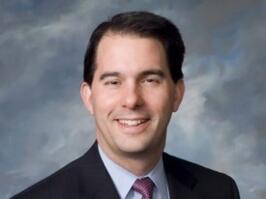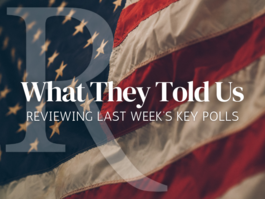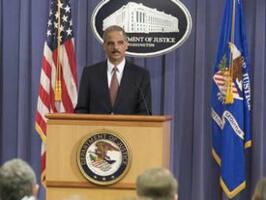17% Think Father’s Day Is One of America’s Most Important Holidays
Father’s Day still ranks pretty low in terms of the nation’s holidays, but Americans continue to feel strongly that being a father is the most important role a man can fill.
A new Rasmussen Reports national telephone survey finds that only 17% of American Adults consider Father’s Day one of America’s most important holidays. Twenty-three percent (23%) rate it as one of the least important holidays, while 59% place it somewhere in between the two. (To see survey question wording, click here.)
This nationwide survey of 1,000 Adults was conducted on June 14-15, 2012 by Rasmussen Reports. The margin of sampling error is +/- 3 percentage points with a 95% level of confidence. Field work for all Rasmussen Reports surveys is conducted by Pulse Opinion Research, LLC. See methodology.











